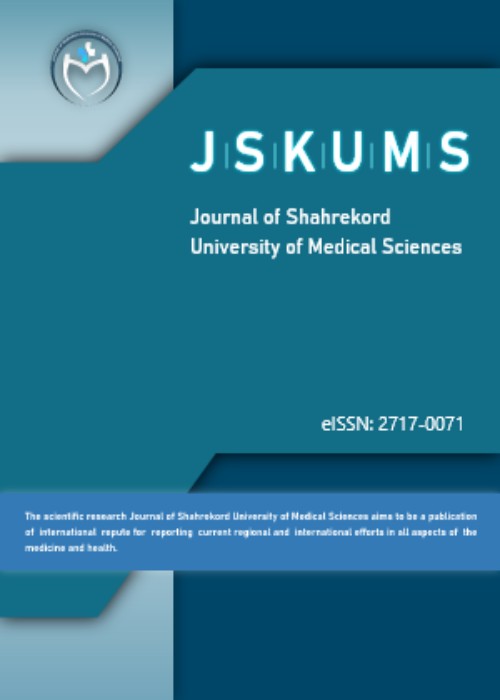Prediction of probable impact of miR-34a and miR-215 on differentiation of naive CD4+ T cells to Th17 cells in multiple sclerosis
miRNAs, as a class of non-coding RNAs, take part in different cellular processes. Dysregulation of different miRNAs has been reported in numerous disorders to date. Multiple sclerosis (MS) is an autoimmune disease with high prevalence in Iran and Th17 cells play an important role in its pathogenesis. In the current study, we aimed to predict the possible role of miR-34a and miR-215 in the process of controlling Th17 differentiation, and hence, their possible impact on the onset and progression of MS.
We investigated probable interactions of miRNAs and genes that participate in Th17 cells differentiation using miRwalk database as an integrative one which utilizes 10 different algorithms to predict miRNA-mRNA interaction.
Based on our findings, miR-34a and miR-215 were predicted to have a potential role in the induction of Th17 cells differentiation.
Conclusively, miR-34a and miR-215 may up-regulate Th17 cells of MS patients. Since bioinformatics data have shown that these miRNAs suppress negative regulatory genes in Th17 cells differentiation, we suppose that down-regulation of these miRNAs could ameliorate MS symptoms. Therefore, several therapeutic approaches may be considered for these miRNAs besides their application as valuable prognostic/diagnostic biomarkers in detection of various stages of MS
- حق عضویت دریافتی صرف حمایت از نشریات عضو و نگهداری، تکمیل و توسعه مگیران میشود.
- پرداخت حق اشتراک و دانلود مقالات اجازه بازنشر آن در سایر رسانههای چاپی و دیجیتال را به کاربر نمیدهد.




